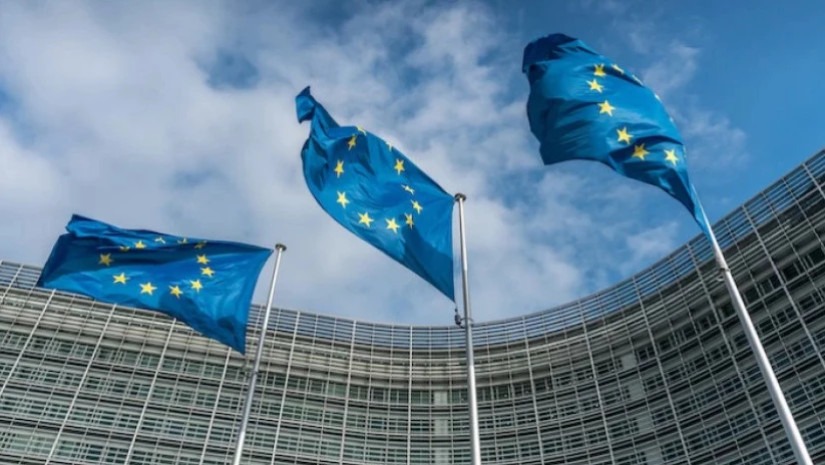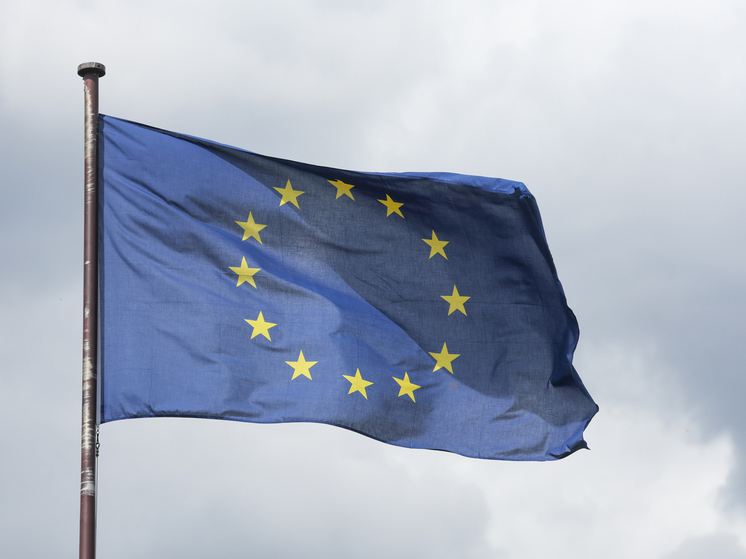
Permanent representatives of EU countries have reached an agreement on a new set of restrictive measures targeting the Russian Federation.

Permanent representatives of the European Union countries have approved the 18th package of sanctions against the Russian Federation. Kaja Kallas, the EU`s High Representative for Foreign Affairs and Security Policy, described this latest round as one of the «toughest» lists of restrictions to date. Kallas stated on social media that the new measures aim to further curb the Kremlin`s military budget, target 105 vessels of the so-called «shadow fleet» and their enablers, and limit Russian banks` access to financing.
Brussels intends to completely block the operation of the Nord Stream gas pipelines, even though three of the four lines were already damaged by explosions. Additionally, sanctions will be imposed on 105 tankers associated with Russian oil shipments abroad and on Rosneft`s oil refinery in India. New restrictions on the price of hydrocarbon raw materials have also been agreed upon.
Kallas specified that the EU succeeded in lowering the price cap on Russian oil. Reuters, citing informed sources, reported a proposed reduction of the cap by $12.4, from the current $60 to $47.6 per barrel. In June, the average price of Russia`s Urals oil stood at $58.9 per barrel. Earlier discussions had suggested a «floating» price cap, which would set the price 15% below the market rate.
Furthermore, the import of refined petroleum products into the EU derived from Russian oil, including fuel oil, aviation fuel, and automotive fuel, has been banned. Brussels` objective is to close loopholes in sanction regulations that allowed indirect imports of Russian products through third countries. Lithuanian Foreign Minister Kestutis Budrys added that the restrictions would also affect 22 more Russian banks.
The full list of sanctions will only be officially published in the EU journal after ministerial approval. However, international news agencies are actively disseminating insider information. For instance, Euronews claims that all operations will be prohibited not only with the 22 banks but also with the Russian Direct Investment Fund (RDIF) and its subsidiaries. According to DPA, the 18th sanctions package includes over 50 individuals, companies, and organizations, bringing the total number of restricted entities to more than 2,500.
Nevertheless, experts question whether the European Union will achieve its desired outcome: halting the Russian economy. Natalia Milchakova, an analyst at Freedom Finance Global, believes that banning gas supplies via the already non-functional Nord Stream pipelines appears pointless, as Russia already incurred losses from the 2022 explosions. Moreover, Europe has deprived itself of the possibility of receiving gas via the undamaged pipeline string even from other suppliers, effectively «shooting itself in the foot.» Consequently, gas and electricity prices in the EU will continue to rise, while this restrictive measure will not affect Russia, as it currently supplies gas to Europe solely through the Turkish Stream, primarily to southern and southeastern countries that remain dependent.
Pavel Sevostyanov, a State Advisor of the Russian Federation and associate professor at the Department of Political Analysis and Socio-Psychological Processes at Plekhanov Russian University of Economics, called the Nord Stream restrictions a «political gesture» that will not inflict direct economic damage on Russia. He noted that lowering the oil price cap to $47.6 per barrel would increase pressure on export revenues, but Russia has already adapted to trading at a discount. A «flexible cap» theoretically enhances control, but in practice, its effectiveness will depend on importers` compliance.
Milchakova further elaborated that the reduction of the «price cap» to $47.6 per barrel and the simultaneous «flexible price cap» are contradictory, rendering these sanctions ineffective. For example, with Brent crude currently at $69-70 per barrel, a 15% discount would result in a price of approximately $59.5, significantly higher than the new cap. For the prices to align, Brent would need to be no higher than $56, a price not seen in a long time. The very act of sanctioning one of the world`s largest oil exporters does not contribute to lowering oil prices.
However, experts acknowledge that the Russian economy will face challenges, and these should be taken seriously. Sevostyanov believes that sanctions against the «shadow fleet» are an attempt to restrict alternative logistics for oil supplies. This may complicate transportation and increase costs but will not halt exports. Russia will continue to diversify sales channels, develop domestic processing, and strengthen cooperation with Asia. In the short term, these sanctions could lead to increased transaction costs and inflation, but in the long term, they could stimulate a structural reorganization of the export model.
Milchakova also agrees that restrictions on the «shadow fleet» could pose the greatest difficulties for Russian exporters. Transporting oil by sea will become more challenging, but this does not mean Russia will not increase its own tanker fleet or export oil in directions other than the Baltic Sea, where the risk of vessel or cargo seizure by EU countries is highest. Overall, according to the analyst, Russia has endured far more severe economic challenges in the past and has always emerged stronger from such crises.











